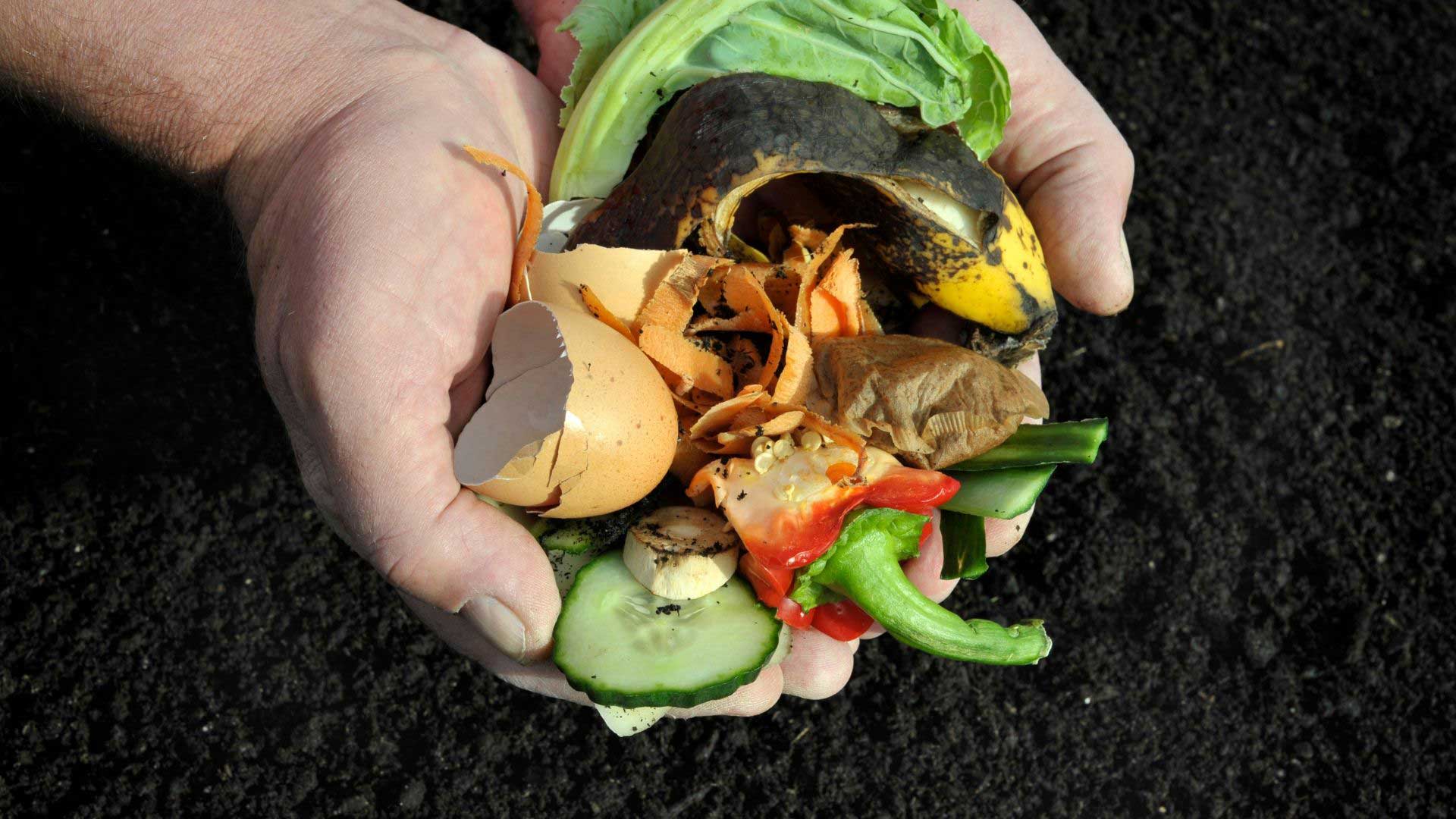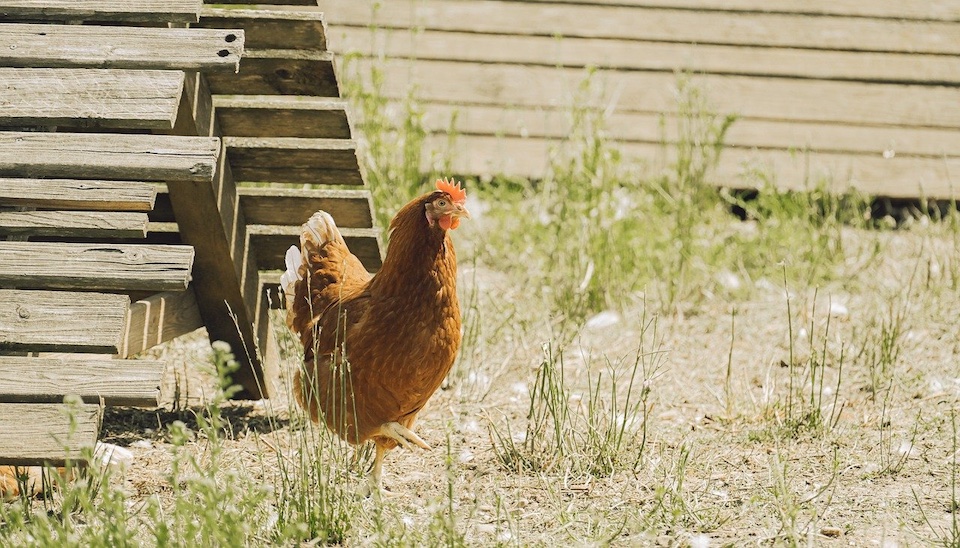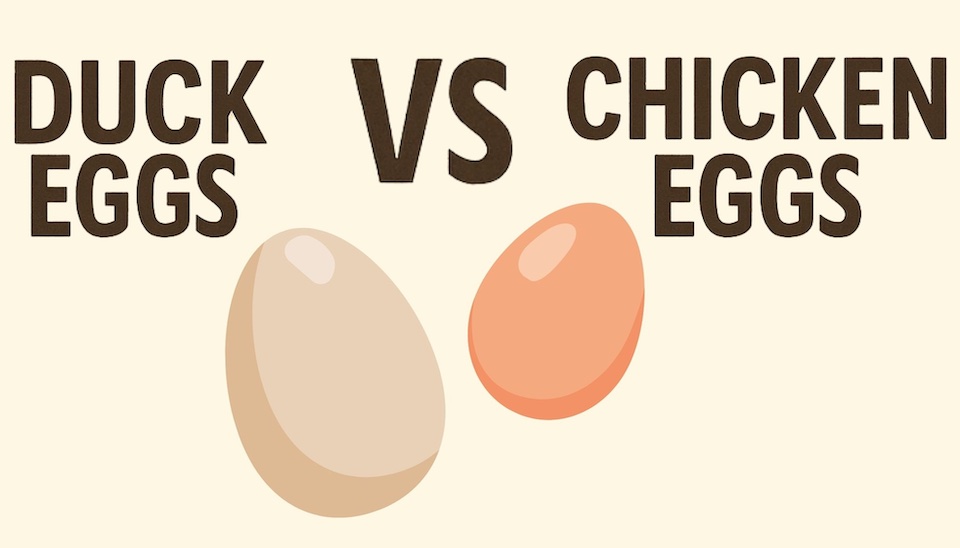Botulism in chickens - Signs, Symptoms and Prevention
Botulism in Chickens - Signs, Symptoms and Prevention
Yes, chickens can get food poisoning, and botulism is one of the most dangerous forms they can contract.
But with some simple measures, you can keep your flock safe and healthy. Learning about the signs, symptoms, and steps to prevent botulism will ensure your chickens stay free from this serious illness.
Key Takeaways
- Botulism is caused by the bacteria Clostridium botulinum, which produces a toxin in warm, moist, and oxygen-free environments.
- Chickens can get botulism from eating decaying meat, spoiled food, stagnant water, or maggots that have fed on contaminated matter.
- The main symptom of botulism in chickens is floppy paralysis, also called "limberneck," where chickens lose control of their limbs and can’t hold their head up.
- Preventing botulism involves providing clean feed and water, removing dead animals from the coop, cleaning up uneaten scraps, avoiding decaying or spoiled food, and keeping chickens away from compost bins.
- Early treatment with a molasses flush can sometimes help chickens recover, but prevention remains the most effective strategy.
What is Botulism?
The cause of botulism in chickens is the bacteria Clostridium botulinum. The bacteria itself is harmless and also relatively common. Spores are found in soil, wetlands, and the intestines of wild birds. However, when C. botulinum reproduces - for which it needs a warm, moist, and anaerobic environment like unturned compost - it releases a deadly neurotoxin. Consuming this toxin leads to poisoning.
Botulism in humans happens in the same way, but usually involves a different strain of the bacteria, so it's not often that botulism passes between people and birds. Still, it's always best to be careful!
Botulism in Chickens - Symptoms
Symptoms of botulism in chickens include floppy paralysis, where they lose control of their limbs. They won't be able to hold up their head, which is why the disease is also called "limberneck," and their wings will droop.
Unfortunately, botulism is usually fatal.
How Do Birds Get Botulism?
Chickens get botulism when they eat food containing the neurotoxin produced by C. botulinum. It's gross, but most chickens get botulism from eating dead flock mates, so removing any bodies is the first thing you should do to prevent the disease. However, botulism can also come from:
- Decaying meat
- Decaying vegetables or plant matter (including in compost)
- Stagnant or slow-moving water
- Mouldy, rotten, or spoiled food
- Insect larvae (usually maggots) that have been feeding on contaminated food (e.g., dead birds)
Note that birds can also rarely get botulism from bacteria in the caecum.
Compost bins might seem like a good place for chicken scraps, but they can harbor dangerous bacteria. Fresh scraps are always best.
Preventing Botulism in Chickens

Preventing botulism in chickens is easy and mostly common sense. With good coop management (like removing dead chickens from the pen), your birds are unlikely to catch it. However, even well-meaning chicken keepers can accidentally expose their birds through simple mistakes, like putting the compost bin in the chicken run or not cleaning up uneaten scraps.
To prevent botulism in chickens:
- Supply clean feed and water using high-quality drinkers, like those from Dine-A-Chook
- Remove dead animals from the pen immediately (chickens, birds, toads, mice, etc.)
- Provide feed (including scraps) in containers, not on the ground - check out our waste-reducing chicken feeders
- Clean up uneaten scraps after an hour on hot days, or at least by the end of the day
- Clean up spilled feed
- Prevent access to stagnant water
- Never use feed or scraps that are decaying, mouldy, rotten, or spoiled
- Keep your chooks out of the compost
- Avoid feeding chickens meat
- Don’t use maggots or insect larvae that have been feeding on decaying matter
These botulism-preventing measures will also help protect your chickens from other food-borne illnesses, keeping them healthier overall. This is especially important during warmer, wetter months when bacteria can multiply much faster.
If you want to know more about keeping your chickens healthy, check out our other blog posts: Botulism and Wet Chicken Feed and Waste-Reducing Chicken Feeder.
You can also learn about what scraps are safe to feed your chickens here: Feeding Scraps to Chickens - Dos and Don’ts
Read more: How to Stop Disease in the Chicken Coop
FAQs about Botulism in Chickens
Can chickens recover from botulism?
It is rare, but sometimes chickens can recover if treated early. Treatment can include flushing out toxins with a molasses flush and supportive care, but prevention is definitely the best approach.
Can I feed chickens scraps?
Yes, but you need to be careful. Avoid feeding chickens anything that is mouldy, rotten, or meat-based. Always provide fresh scraps, and remove any uneaten food by the end of the day. For more tips, read Feeding Scraps to Chickens - Dos and Don’ts.
How do I know if my chicken has botulism?
If your chicken has botulism, it will likely lose control of its limbs, have difficulty holding up its head, and its wings may droop. This "limberneck" condition is a clear sign of botulism. Sadly, botulism is often fatal, so prevention is key.
How do I prevent botulism in compost?
Keep your chickens away from compost bins. Compost, especially if not turned regularly, can create the perfect environment for C. botulinum to produce toxins. Instead of composting scraps in the run, consider feeding them fresh or keeping compost bins completely separate from where your chickens roam.



